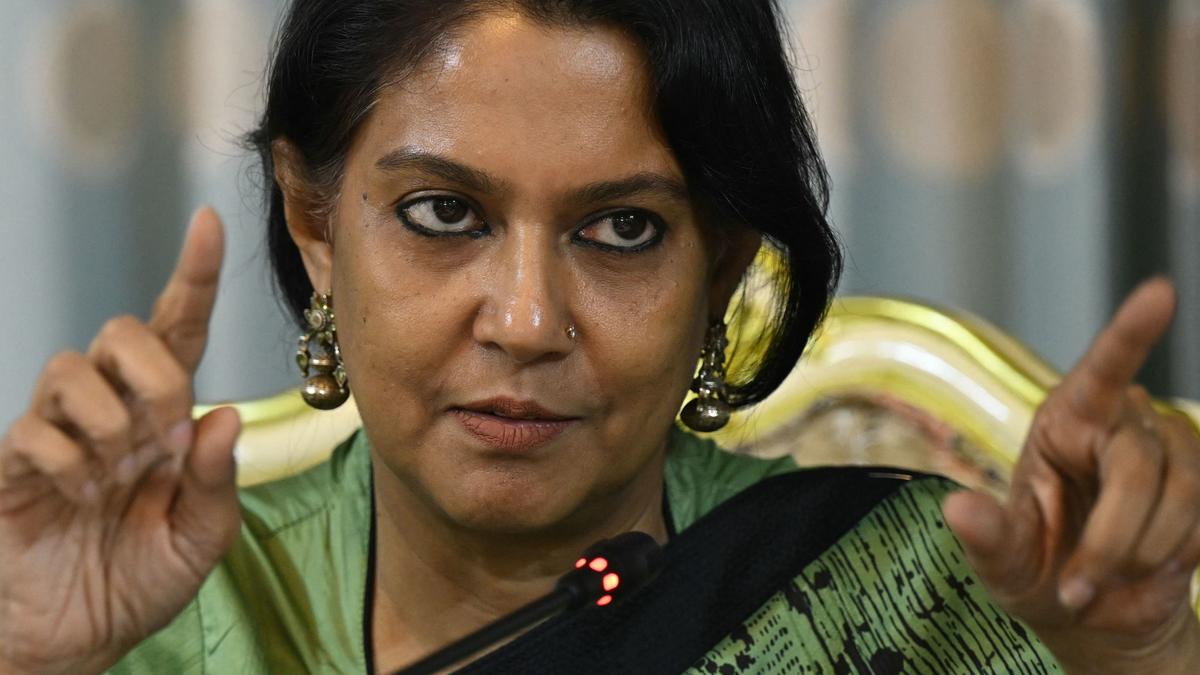
Teesta water sharing treaty: Bangladesh to push for restarting dialogue with India, says Interim government advisor
The Hindu
Bangladesh seeks to restart dialogue with India on Teesta water sharing treaty, emphasizing adherence to international principles.
Bangladesh's interim government wants to restart with India the dialogue on the Teesta water sharing treaty, advisor on water resources Syeda Rizwana Hasan has said, asserting that upper-riparian and lower-riparian countries should adhere to international principles on the distribution of water.
Speaking to PTI in Dhaka, Ms. Hasan expressed confidence that the Teesta treaty and other water-sharing agreements with India would be resolved amicably through dialogue but suggested that Bangladesh might consider international legal documents and principles if an agreement cannot be reached.
What is the lowdown on sharing of Teesta waters?
“I have discussed the issue of Teesta water sharing with all relevant stakeholders (in Bangladesh). We have discussed that we need to restart the process and dialogue regarding the Teesta treaty. We also have to work on the Ganges treaty, which is coming to an end in two years,” she told PTI in an interview on Sunday (September 1, 2024).
“Both sides agreed, and a draft of the Teesta water-sharing agreement was prepared, but the agreement was not signed due to the opposition of the West Bengal Chief Minister. The fact remains that we have not been able to finalise the agreement. So, we will start from that point with the draft of the agreement and urge India to come forward and restart the dialogue process,” she said.
India and Bangladesh were set to ink a deal on Teesta water sharing during then-Prime Minister Manmohan Singh's Dhaka visit in 2011, but West Bengal Chief Minister Mamata Banerjee declined to endorse it, citing scarcity of water in her State.
“We would try to find an amicable solution. As this is an international water issue, it also concerns other countries' consideration of legal entitlement. So, how much water is available and whether it is sufficient is unclear to us. Even if very minimal water is available, the flow must continue to Bangladesh due to international sharing norms,” she said.













